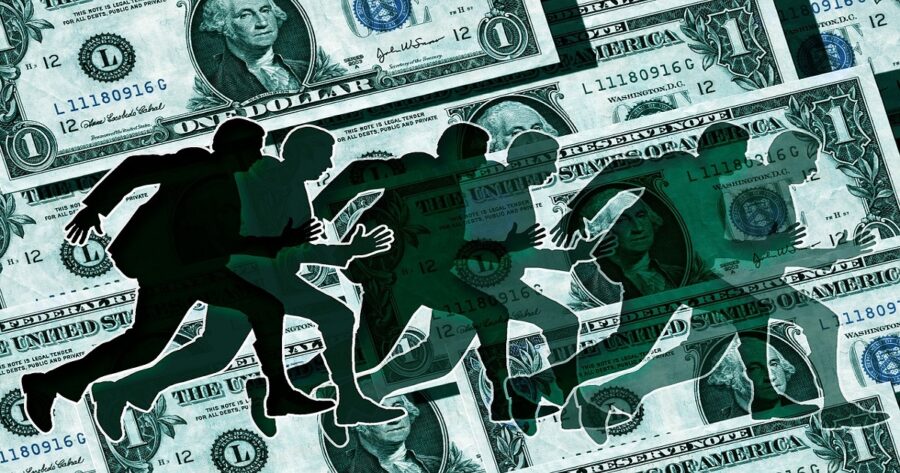The banking industry has always been a key driver of the global economy, but recent events suggest that it is in real trouble. The pandemic and risky lending, inflation, and questionable leadership decisions have created the perfect storm for another financial crisis. It is time to sound the alarm on the banks and the real risk of another 2008 crash.
The latest incidents in the banking industry have raised concerns about the stability of the sector. The collapse of Samuel Benjamin Bankman-Fried’s FTX was a sign of trouble. Silicon Valley Bank, Silvergate Bank, and Signature Bank have also been seized by the federal government. These events suggest that the banking industry is in a crisis.
Furthermore, Credit Suisse’s recent borrowing of more than $50 billion from the Swiss National Bank after its shares crashed 30% has raised concerns about the bank’s ability to withstand a financial shock. These events are reminiscent of the 2008 financial crisis caused by a similar combination of risky lending, questionable decision-making, deregulation of Dodd-Frank by the Trump administration and systemic problems within the banking industry.
The upcoming weeks will be pivotal in determining the direction of the banking industry. Governments worldwide will need to decide whether to give big banks another Wall Street-style bailout or let them fail. The latter option could have serious consequences for the global economy, as the banking industry is interconnected and plays a crucial role in facilitating economic growth.
The pandemic has added another layer of complexity to the banking industry’s problems. The economic fallout from COVID-19 has caused widespread job losses, business closures, and financial uncertainty. This has led to increased pressure on banks to lend money to struggling businesses and individuals. However, the banks themselves are also facing financial challenges, which could limit their ability to provide loans.
Another key issue facing the banking industry is inflation. Inflationary pressures have been building for some time, and they are now beginning to show up in the economy. Rising inflation could lead to higher interest rates, making borrowing more expensive and further straining the banking industry.
Questionable leadership decisions have also contributed to the current state of the banking industry. Even after the 2008 financial collapse, many banks continued to engage in risky lending practices and made questionable investments, putting them in a precarious financial position. This has been compounded by the fact that many banks are run by executives more interested in short-term profits than long-term stability.
Clearly, the banking industry is facing significant challenges, and it is not far-fetched to believe that another financial crisis is on the horizon. Governments and regulators must address the industry’s systemic problems and prevent another catastrophic collapse. This may involve implementing stricter regulations, breaking up large banks, and holding executives accountable for their actions. Failure to do so could have serious consequences for the global economy and the financial well-being of hundreds of millions worldwide.









